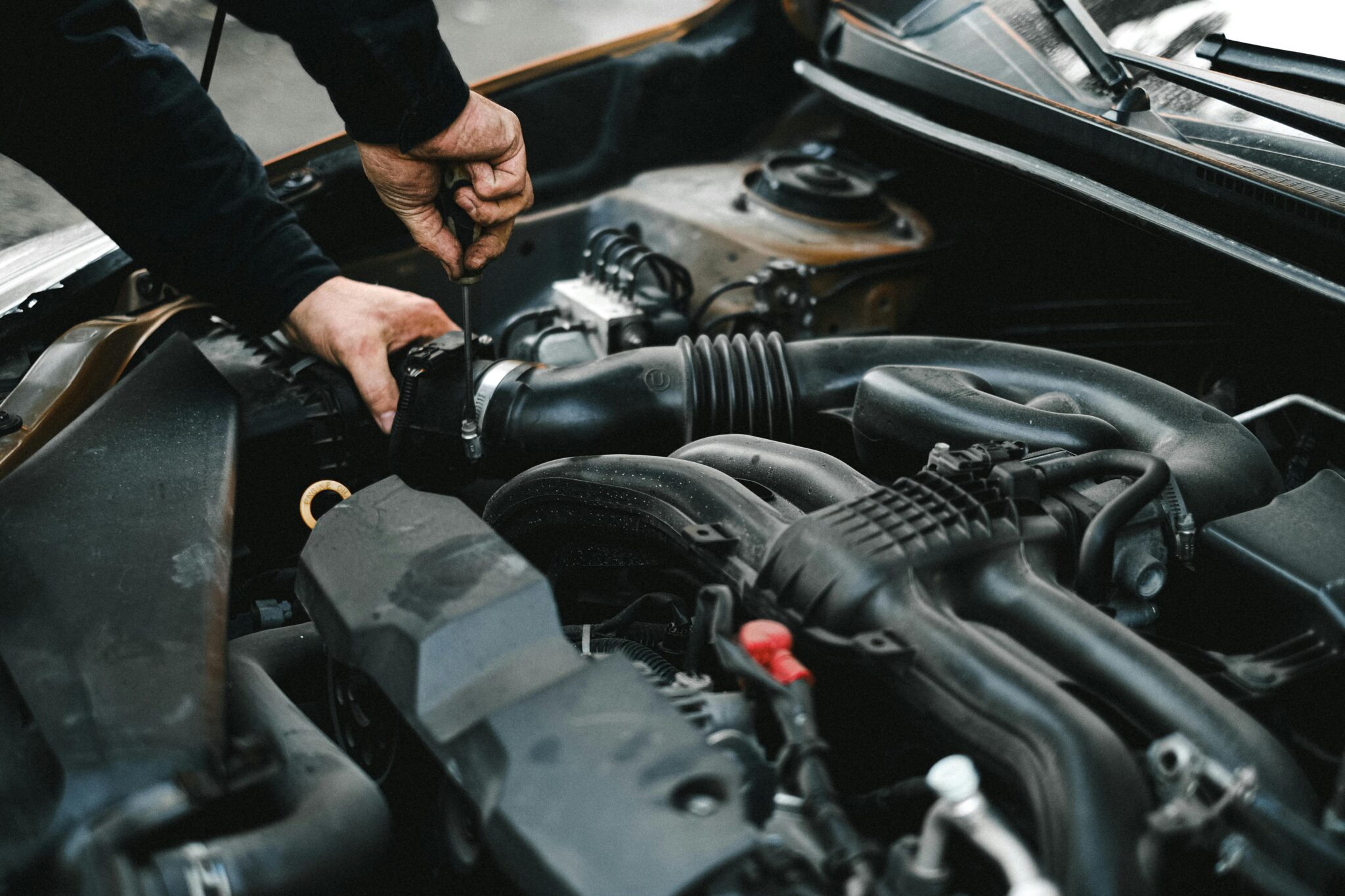Introduction
Electric motorcycles have been around for decades, but they are still a niche market. Many people are turned off by the price tag and limited range. But there are many electric motorcycle manufacturers developing new products to address these concerns. In this article we will discuss some of these factors that affect the cost of an electric motorcycle:
Motorcycle Size
As with cars, the size of your motorcycle will have a major impact on its cost. The larger the vehicle, the more expensive it will be to manufacture and purchase. So if you’re looking at buying an electric bike that’s big enough to carry two people and their luggage (and maybe even some groceries), expect it to cost more than one that can only fit yourself!
Likewise with batteries: bigger batteries mean bigger price tags because they usually require more charging time and stronger materials for safety purposes. However, this isn’t always true–larger bikes can sometimes get away with smaller batteries than smaller ones simply because there’s more room on board for extra storage space where riders can stash their stuff while riding around town
Engine Displacement
The size of the engine will affect the power and range of the bike. A larger engine will also mean a heavier motorcycle, which in turn increases costs in terms of maintenance.
Battery Type
The battery is one of the most important parts of an electric motorcycle. It’s also one of the most expensive, so it makes sense that you want to get the best model possible.
The two main types of batteries are nickel-metal hydride and lithium-ion. Nickel-metal hydride is cheaper than lithium-ion but has lower energy density (which means you’ll have to charge it more often), while lithium-ion batteries offer higher efficiency and lighter weight but cost more money upfront.
Battery Capacity
Battery capacity is the most important factor that affects the cost of an electric motorcycle. Battery capacity is measured in amp hours (Ah), and it determines how far you can ride before you have to recharge your battery.
A higher Ah rating means that you can go farther on a single charge, which means less time spent charging or refueling at gas stations (if you’re using one of these bikes). A larger battery pack also makes up for heavier components like motors and controllers–it’s an inversely proportional relationship: as one goes up, the other goes down. This allows manufacturers to build powerful vehicles without adding unnecessary weight to them!
Charger Type, Voltage and Charging Time
The type of charger you use can affect the cost of your electric motorcycle. Chargers come in different voltage ratings, and it’s important to use a charger that matches your battery pack voltage rating. If you use a higher-voltage charger on a lower-voltage battery pack, you risk damaging it; if you use a lower-voltage charger on a higher-voltage battery pack, it will take longer for your battery to charge fully.
The amount of time required for charging also varies between chargers; some require more power than others do and so they take longer to complete charging cycles while using less energy overall (which translates into cheaper electricity bills).
Motor Type and Displacement
- Smaller motors are cheaper.
- Larger motors are more powerful.
- Large displacement motors are more expensive to manufacture and therefore cost more than smaller ones, but they also tend to be more efficient and produce less noise due to their lower RPMs (revolutions per minute)
Controller Quality, Efficiency and Features
The controller is the brain of the electric motor, so it makes sense that its quality and features affect its performance. The more features you have on your controller, the more expensive it will be. Some controllers come with standard options like regenerative braking or hill assist modes while others have additional customizable settings for riders who want to fine-tune their ride experience even further.
Drive Train Type (i.e. Belt vs Chain)
The drive train of an electric motorcycle is the mechanism that transfers power from the motor to the wheels. There are two main types: chain drive and belt drive.
Chain drive is more common, as it’s cheaper and easier to maintain than belt drives. However, they’re noisier, heavier and less durable than their quieter and lighter belt counterparts.
Expected Performance Output
You can expect to pay more for a bike that offers higher performance. This is because the motor, controller and battery all play a role in determining how much power your electric motorcycle will have. The more power you want to get out of your bike, the more expensive it will be. However, if you’re willing to sacrifice some performance in favor of getting better range or cheaper costs then there are still options available to you.
There are many factors that affect the price of an electric motorcycle, none more so than the battery capacity.
The battery capacity is the single biggest factor in the price of an electric motorcycle, and it affects range, performance and charging time.
The capacity of a battery pack is measured in kilowatt-hours (kWh). One kWh is equal to 1000 watts used continuously for one hour. For example, if you have a 100 watt light bulb and leave it on for 30 minutes, then that would be 0.3 kWh consumed from your power supply or solar panel system.
A typical electric motorcycle has a battery pack with between 10 and 20 kWh of storage capacity depending on its intended purpose (e-motorcycle for commuting or long distance touring).
Conclusion
With all of these factors taken into consideration, it’s clear that the cost of an electric motorcycle is going to be greater than its gas-powered counterpart. However, if you’re looking for an environmentally friendly way to commute and have access to free charging stations at work or home then investing in an ebike may be worth considering!





